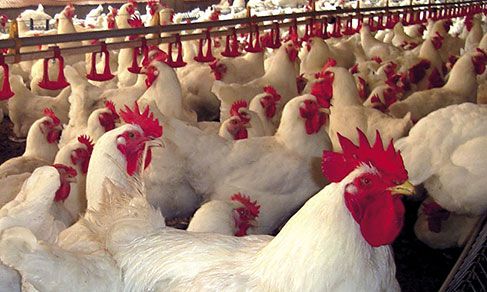In Mexico, import, circulation or transit regulations may be imposed when they are temporarily required to correct imbalances in the balance of payments, in accordance with international treaties or agreements to which Mexico is a party.
These regulations are intended to regulate the entry of used products, waste products or products that lack a substantial market in their country of origin or provenance.
They may also be applied in response to restrictions on Mexican exports applied unilaterally by other countries.
Or, these regulations are imposed when it is necessary to prevent the entry into the domestic market of goods under conditions that imply unfair international trade practices, and in situations not foreseen by Mexican official standards in terms of national security, public health, plant and animal health or ecology, in accordance with the relevant legislation.
At the same time, Mexico continues to establish unilateral import quotas with a specific term in order to improve the competitiveness of production chains, address price increases, supply domestic demand when the domestic supply is insufficient or reduce the balance of payments deficit.
To determine the volume or value of the quotas, the Ministry of Economy takes into account supply and supply conditions, as well as the opinion of the members of the production chain and the Foreign Trade Commission (Cocex).
Import regulations
In 2021, Mexico maintained unilateral quotas for 77 tariff lines at the 8-digit level of the Harmonized System, covering both agricultural and manufactured products.
Fourteen of these lines were also subject to tariff quotas under the World Trade Organization (WTO).
Such is the case of coffee, beef, pork, poultry, barley, beans and certain cheeses.
For these products, the tariff within the unilateral quota was lower than in the WTO quota; most of these quotas have a 0% tariff. Still, in 2021, imports under both unilateral and WTO quotas were low.
The unilateral quota that was used the most, at 38.4 percent, was coffee extract, followed by the quota for fish fillets (31.4 percent), chicken and turkey cuts (14.3 percent), and milk preparations (9.8 percent).
In accordance with domestic legislation, goods subject to non-tariff restrictions or regulations will be identified in terms of their tariff items and corresponding nomenclature in accordance with the Tariff of the Law of General Import and Export Taxes.
The measures to regulate or restrict imports or exports are published in the Official Gazette of the Federation, by means of Agreements issued by each country.
Measures to regulate or restrict imports or exports are published in the Official Gazette of the Federation, through Agreements issued by each competent agency, together with the Ministry of Economy, and generally consist of prior permits, maximum quotas, country of origin marking, and countervailing duties.
![]()

